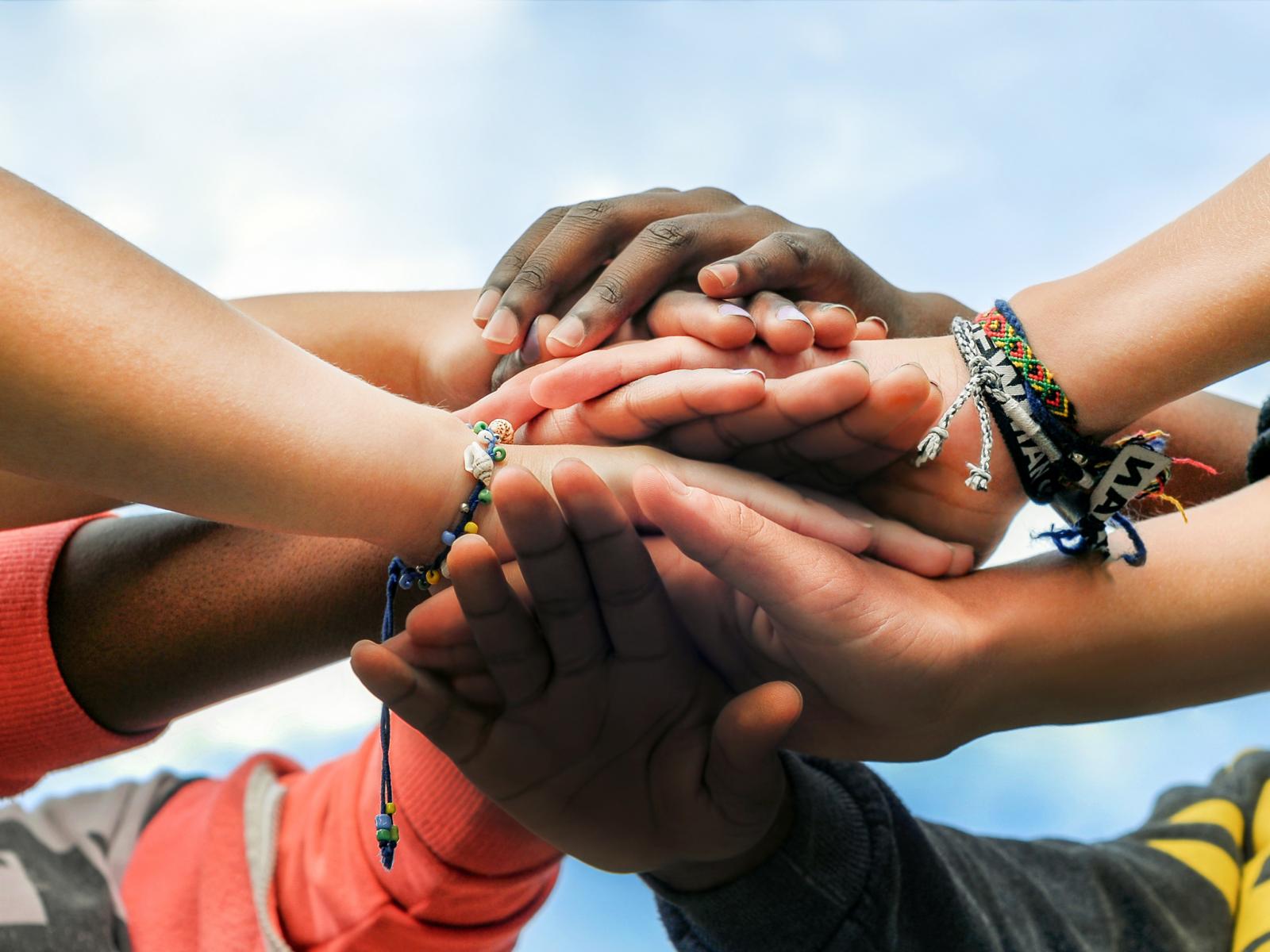Self-care and social-emotional well-being are foundational aspects of effective philanthropy. By exploring their own needs and practicing empathy, youth learn to be constructive members of a community from a place of strength and balance.

These resources help young people understand their own identity and who they are in relationship to others. Believing in the power of their own voices and actions is an important step in youth engaging responsibly in a diverse and interconnected community.
Self-care and social-emotional well-being are foundational aspects of effective philanthropy. By exploring their own needs and practicing empathy, youth learn to be constructive members of a community from a place of strength and balance.
In this episode of the Kids Are Philanthropists too! podcast, we explore mental health challenges that come with being sick. By listening to this intergenerational conversation, we gain new insights about how to help individuals and families during and after a health crisis.
This lesson raises awareness of the different ways mental health may reflect in how we think, feel, and act. We can prioritize mental health, like we do with our physical health. This lesson includes a slide deck with tools for what to do when our mental health needs attention.
Building a caring and inclusive classroom begins with an understanding of where students are at not just academically, but emotionally. Many students today have been exposed to experiences that affect their ability to regulate their emotions. By teaching children positive behavior
In response to a picture book, each participant identifies their own unique qualities and shares them proudly on a star. They demonstrate respect and trust to share their qualities and pay attention to others' traits.
Young people investigate the problems caused by plastic shopping bags, then propose solutions to address the problems. This lesson prompts teams to design a reusable shopping tote out of an old T-shirt using engineering, problem-solving, creativity, and communication.
The learners define environmental stewardship and determine what they care about related to the environment.
The youth take action by determining ways to reduce their own use of plastic bags and by advocating for ways to reduce the use of plastic bags in their own households, the community, state and nation. To take further action, they may propose ways to influence government officials
Children gain a feeling of ownership and responsibility for the care of the environment in their school and community.
The learners define and explain the importance of civic engagement and responsible citizenship. They explore the reasons why people may hesitate to become involved in solving problems and consider ways in which they can be "part of the solution" rather than a "part of the problem."
Young people learn about the variety of ways citizens can become active participants in the community: political parties, interest groups, voting, and providing public service.